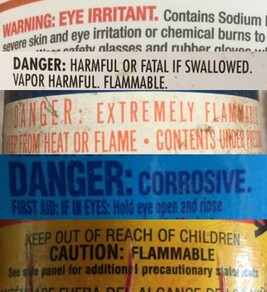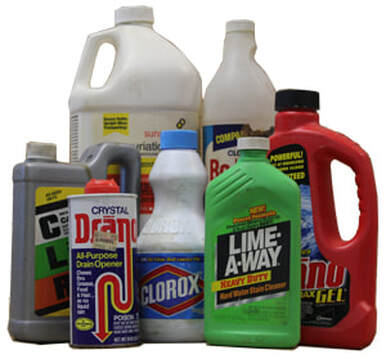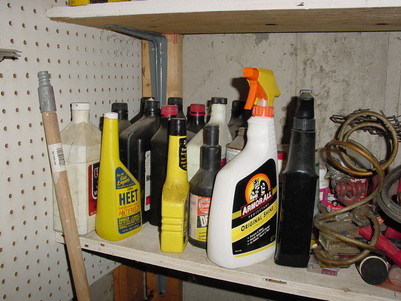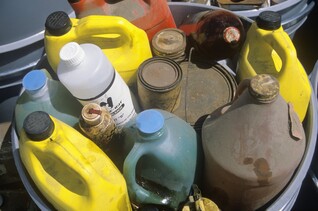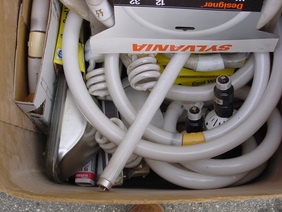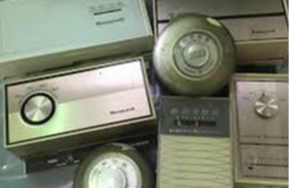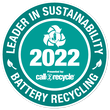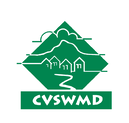What is Hazardous Waste?
|
Consider anything labeled with the following warning words to be household hazardous waste and handle accordingly:
These common household items are easy to purchase, but are dangerous to human and environmental health. They are banned from the landfill, but can be disposed of at Household Hazardous Waste collection events or at the Chittenden Environmental Depot year round.
Make sure to store these items cool, dry, and out of reach of children. |
Common Examples of Household Hazardous Waste
These should be taken to a Hazardous Waste Collection.
You do not need bring any empty bottles or cans to a collection; these items should be put in with your regular trash. |
NOT Acceptable - do not bring these items to Household Hazardous Waste Collections:
Asbestos, Automotive and Marine Batteries, Tires, Explosives or Shock-Sensitive Materials, Ammunition, Radio-Active Wastes, Pathological Wastes, Infectious Waste, Medicines, Dioxins, Compressed Gas Cylinders, Intact Mercury Devices, Intact Fluorescent Light Bulbs and Tubes, Electronic Equipment, TVs, and Computers.
Intact fluorescent bulbs and mercury devices, electronics, TVs and computers are all accepted year-round at the ARCC in Barre.
Asbestos, Automotive and Marine Batteries, Tires, Explosives or Shock-Sensitive Materials, Ammunition, Radio-Active Wastes, Pathological Wastes, Infectious Waste, Medicines, Dioxins, Compressed Gas Cylinders, Intact Mercury Devices, Intact Fluorescent Light Bulbs and Tubes, Electronic Equipment, TVs, and Computers.
Intact fluorescent bulbs and mercury devices, electronics, TVs and computers are all accepted year-round at the ARCC in Barre.
|
How should I store it?
Safe storage of hazardous products between uses or between collections is vital to keeping your home environment healthy. General Guidelines:
|
Automotive products:Gasoline, kerosene, brake fluid, and transmission fluid should be taken to a Hazardous Waste Collection!
Used motor oil is accepted by some garages and auto-parts shops This is for used motor oil only - with no water, gas, solvents, or other contaminants. Contaminated oil products MUST go to a HHW collection event. |
Products containing mercury:
Some household items contain mercury, which is toxic:
For more information and to learn about year round collections of mercury containing items, see VT DEC Mercury Education website. |
